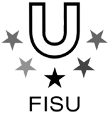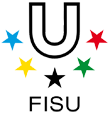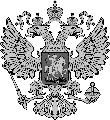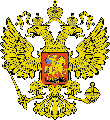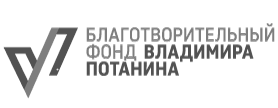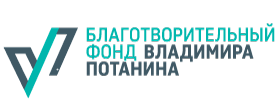The Sports Events: Generating Social Impacts international conference, hosted by the Russian International Olympic University in Sochi, has come to a close after two inspirational days that brought together more than 550 participants from 35 countries and 39 regions of Russia, with more than 130,000 people joining the live stream via the VK social networking service.
The event attracted experts in the field of the Olympic movement, representatives of the world’s leading universities and business schools, top-level sports event organisers, CEOs of major sports organisations, tourism industry professionals, as well as specialised media.
RIOU Rector, full member of the Russian Academy of Education, Professor Lev Belousov said:
‘Olympic legacy is a multi-faceted phenomenon that combines such components as economics, politics, psychology, and sport itself. In our sessions, we identified the areas that have the most promise and can provide positive examples when preparing for and staging future events, but we also addressed the negative outcomes from holding the Games. We are grateful to our international partners, whose participation is a real testament to the high status of the conference. And exceptionally large attendance confirms the relevance of the chosen theme.’
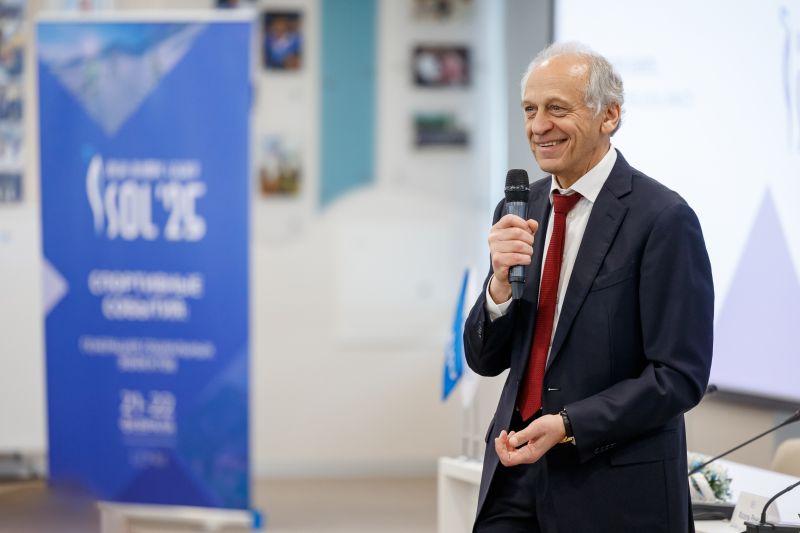
The conference was kicked off with a foresight session discussing the historical perspective on the future of sport, led by Senator of the Russian Federation, three-time Olympic champion Alexander Karelin. He said:
‘Sport has tremendous potential, and it is absolutely indispensable. And I am confident that, including through this conference, we will be able to provide convincing arguments or find compelling examples in our past history to prove that sport should not only be supported in its current form, but also developed. Sport and physical culture are part and parcel of the national doctrine of the Russian Federation today.’
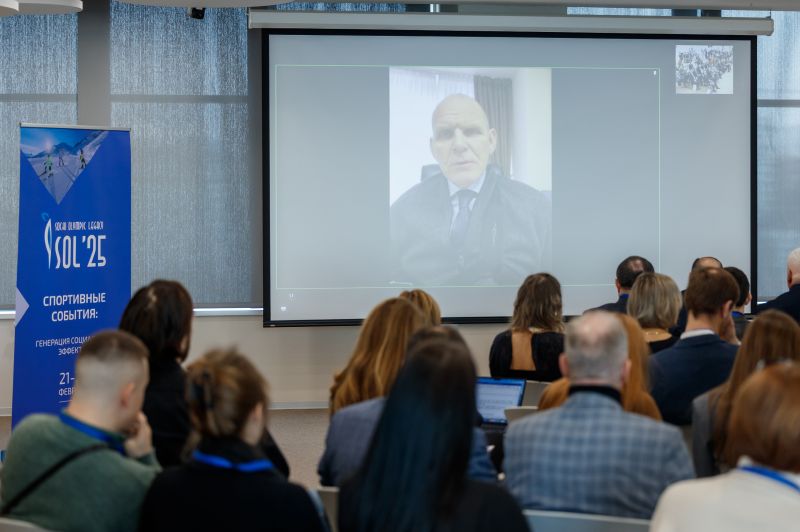
Day One featured three thematic session. The participants of the analytical session Mega Projects in Sport: Planning Social Legacy concluded that sporting events serve as a soft power tool for promoting foreign economic and political relations.
René Fasel, Honorary President of the International Ice Hockey Federation, emphasised:
‘Sport is an essential element in improving relations between countries. This can be evidenced by such sporting events as the ice hockey series between the Soviet Union and Canada held in 1972. The most recent example is the combined South and North Korean women's ice hockey team performing at the 2018 Winter Games in Pyeongchang. Preparations for this project started back in 2006, when the South Korean city was just contemplating the idea of hosting an Olympics. Sport can be a key element in uniting people, and we must utilise this potential today.’
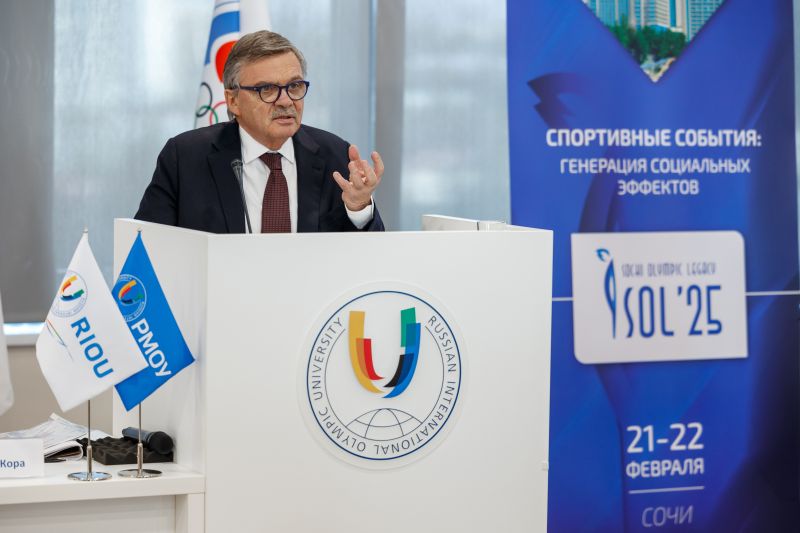
The panel discussion on Russian and International Practices in Assessing the Social Effects of Sporting Projects focused on the methods of assessing the psychic income and image-enhancing potential of sports events, prospects for the development of company sport, the social responsibility of betting businesses, and the social impact of phygital competitions.
The largest international delegation at the conference was from China. Xiuying Ru, Professor at Capital University of Physical Education and Sports (a conference partner) and Visiting Professor at RIOU, stressed that providing education to the younger generation is the main component of Olympic legacy.
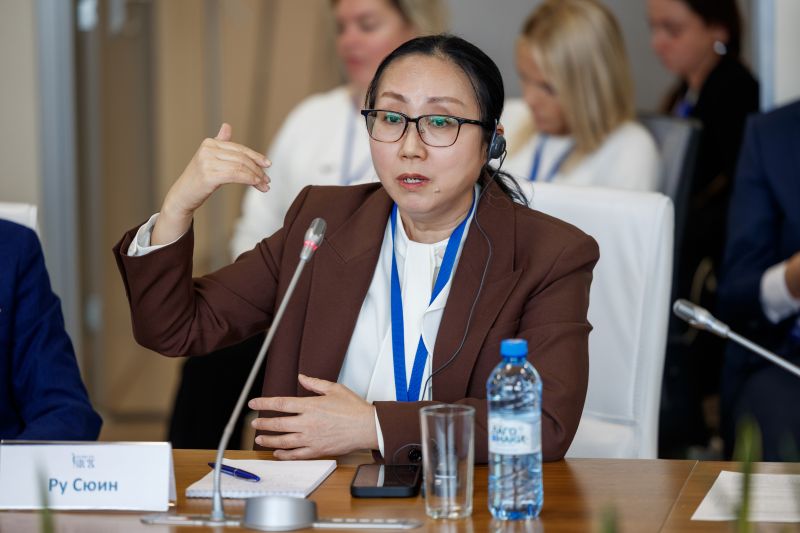
She said: ‘The Russian International Olympic University is testament to the excellent legacy created by the Sochi Games, and we also have our own experience, our own legacy, because Beijing has hosted the Olympics twice. The collaboration taking place between our universities and exchange of practical experience are very important in terms of educating young people.’
Xiuying Ru also spoke about the long-term benefits of sport and Olympic legacy using the cases of the 2008 and 2022 Olympic Games in Beijing. The Dual Olympics allowed sport in China to make unprecedented strides, leaving a legacy that is being used at full capacity. According to Xiuying Ru, Olympic values have been promoted in China through three main channels: higher sports education, Olympic education for primary and secondary schools (for example, through the large-scale Olympia educational campaign reaching 400 million children in more than 400,000 schools), and television.
Philippe Blanchard, founder and CEO of Futurous, said:
‘When organising a mega event, it is important to develop a strategy for building up capacity and knowledge. Russia provides a good example from this perspective, as preparations for the Games resulted in the establishment of the Russian International Olympic University. It serves as a gateway to the international arena.’
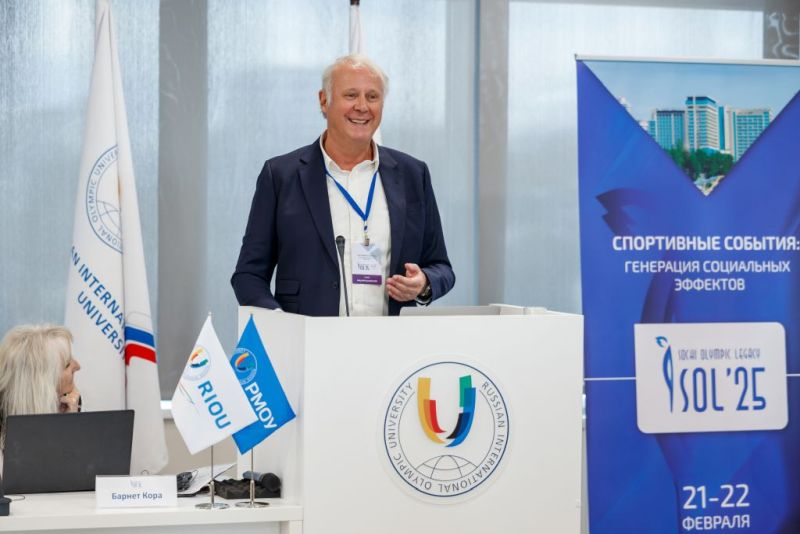
Alexandris Kostas, Head of the School of Physical Education and Sport Science at Aristotle University, noted that sport events can be part of the local, regional and national tourism strategy. His and his colleague’s presentation proposed an integrated theoretical model to assess the impact of sport on tourism and economic development. The model is now being tested using data from different countries.
Cora Burnett, Director of the South African Centre for Olympic Studies and Social Impact, said that part of the social legacy of the 2010 FIFA World Cup found articulation in Pan African solidarity, and cooperation between African and European sporting organisations gave rise to a multi-faceted programme whose current footprint is visible in 23 African countries.
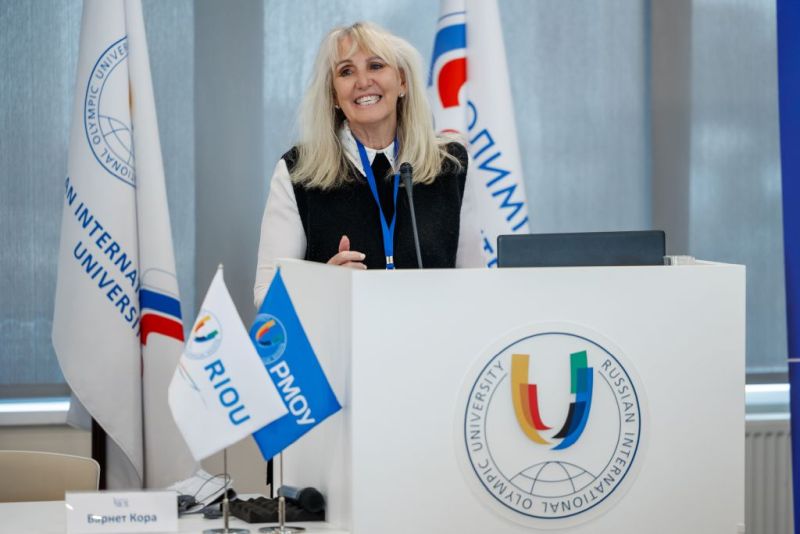
In the 10 years that have passed since the 2014 Games, Sochi has received over 72 million visitors, who come here for health and recreation reasons. In 2024, the resort welcomed a record 8 million people. Today, the city’s hospitality industry has more than 30 thousand employees. Artem Malgin, Vice-Rector for Strategic Development at MGIMO, shared the university’s experience in training personnel for the tourism industry through network educational programmes.
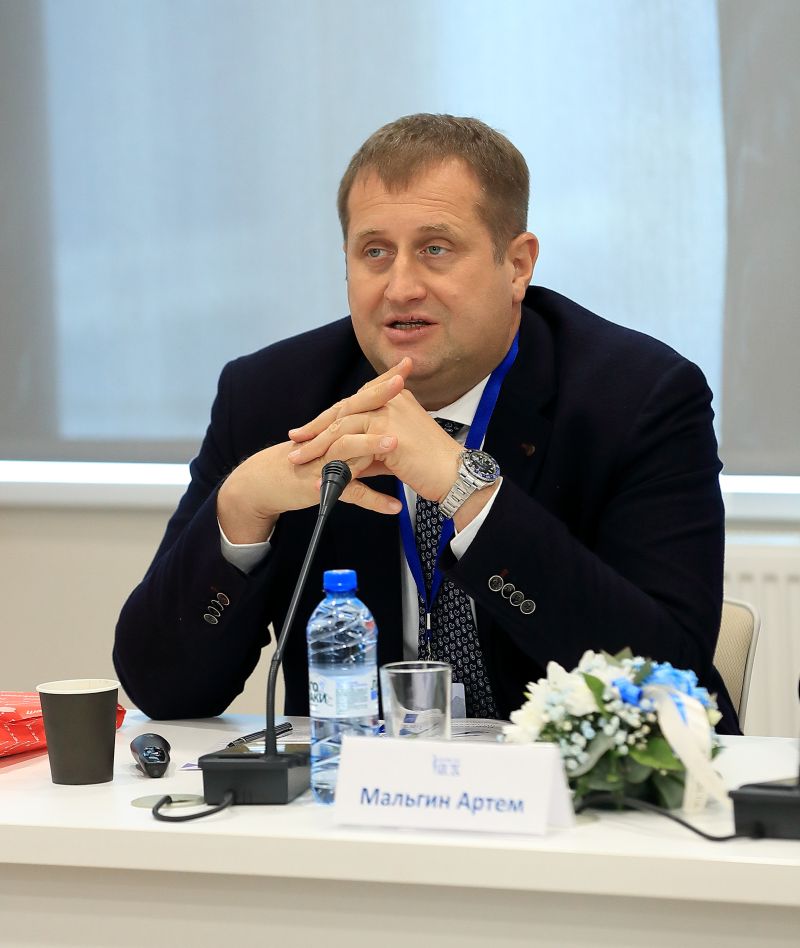
On Day Two, the conference participants were taken on a tour of the Rosa Khutor mountain resort, learning about its tourism development approach. Created as part of preparations for the Sochi 2014 Games, this all-season resort provides a benchmark for the effective use of Olympic legacy and positive social impact. Rosa Khutor welcomes over two million visitors annually.
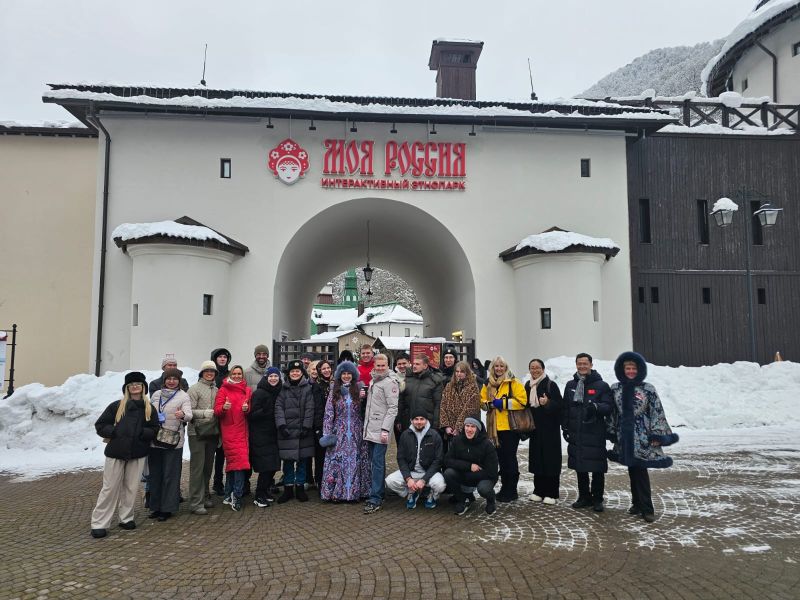
The final day of the conference also featured a session in which RIOU alumni presented their socially-oriented projects. Many of the graduates were supported in their studies at RIOU by the Russian Olympians Foundation, which has worked with the Olympic University since 2013 providing more than 240 grants to elite Russian athletes.
The conference Sports Events: Generating Social Impacts made a significant contribution to the expert discussion on the benefits and costs of organising and staging mega sporting and other events. The effects of major international tournaments go far beyond the sports arenas, affecting the image of the host country, the host region’s brand, as well as the quality of life and well-being of the local communities. The topics raised at the conference are relevant for organisers in different parts of the world, as they address universal values: friendship, cooperation of peoples and social cohesion. Sport, which is a unique phenomenon of our time, binds these social and economic aspects together. It remains the core of the research work implemented by the Russian International Olympic University.
RIOU extends its gratitude to the conference organizers - Rosa Khutor mountain resort and MGIMO - and partners. Invaluable support was provided by the Financial University under the Government of the Russian Federation, Roscongress Foundation, Capital University of Physical Education and Sports (CUPES, Beijing), FIVE Development, and Sochi City Administration. The information partners include RIA Novosti Sport, ANO National Priorities, Sochi24 TV channel, RBC South Media Group, NIA Federation, and Tricolor Sport TV.















































